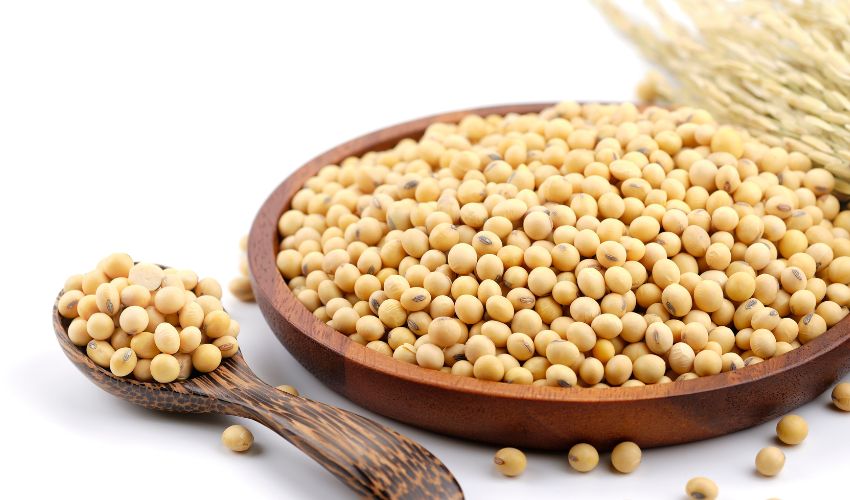Omega-3 fatty acids are a type of essential fat that our bodies need to function properly. They play a crucial role in maintaining heart health, brain function, and reducing inflammation throughout the body. The human body cannot produce Omega-3 fatty acids, so we must obtain them from our diet. This article will explore the best foods high in Omega-3 fatty acids that can be easily added to your diet to improve your heart health.
The Foods High in Omega-3 Fatty Acids:
Fatty Fish
Fatty fish such as salmon, mackerel, and sardines are some of the best sources of Omega-3 fatty acids. These fish are rich in both EPA (eicosapentaenoic acid) and DHA (docosahexaenoic acid) Omega-3 fatty acids, which are essential for brain and heart health. Eating fatty fish at least twice a week can significantly reduce the risk of heart disease.
Chia Seeds
Chia seeds are tiny black seeds that are high in Omega-3 fatty acids, fiber, and other nutrients. Just two tablespoons of chia seeds contain 4 grams of Omega-3 fatty acids. They can be easily added to smoothies, yogurt, or oatmeal for a nutritious breakfast.

Flaxseeds
Flaxseeds are a great source of plant-based Omega-3 fatty acids. They are also high in fiber, lignans, and antioxidants. Grinding flaxseeds and adding them to smoothies, yogurt, or oatmeal is an easy way to add them to your diet.
Walnuts
Walnuts are not only delicious but also an excellent source of Omega-3 fatty acids. Just a handful of walnuts can provide your daily dose of Omega-3s. They can be eaten as a snack or added to salads, oatmeal, or baked goods.
Soybeans
Soybeans are one of the few plant-based sources of Omega-3 fatty acids. They are also a great source of protein, fiber, and other nutrients. Adding soybeans to soups, stews, or salads is an easy way to incorporate them into your diet.

FAQs:
How much Omega-3 fatty acids should I consume daily?
The American Heart Association recommends eating at least two servings of fatty fish per week, which provides about 500 milligrams of EPA and DHA Omega-3 fatty acids. For those who don’t eat fish, taking an Omega-3 supplement may be necessary.
What are the health benefits of Omega-3 fatty acids?
Omega-3 fatty acids have been shown to improve heart health, reduce inflammation, and improve brain function. They may also reduce the risk of certain types of cancer and improve joint health.
Can I get Omega-3 fatty acids from supplements?
Yes, Omega-3 supplements can be an excellent way to ensure that you are getting enough of these essential fatty acids. However, it’s important to choose a high-quality supplement and talk to your doctor before starting any new supplement regimen.
What are some other sources of Omega-3 fatty acids?
Other sources of Omega-3 fatty acids include algae oil, fortified foods, and grass-fed beef.
Are there any side effects of consuming too much Omega-3 fatty acids?
Consuming high doses of Omega-3 fatty acids can increase the risk of bleeding, so it’s important to talk to your doctor before taking high-dose Omega-3 supplements if you are on blood-thinning medication or have a bleeding disorder.
Conclusion:
Incorporating foods high in Omega-3 fatty acids into your diet can be an excellent way to improve your heart health and overall well-being. Fatty fish, chia seeds, flaxseeds, walnuts, and soybeans are all great sources of Omega-3 fatty acids that are easy to add to your diet. By including these foods in your meals, you can ensure that you are getting enough of these essential fatty acids for optimal health. Don’t forget to talk to your doctor before making any significant changes to your diet or starting a new supplement regimen.





















